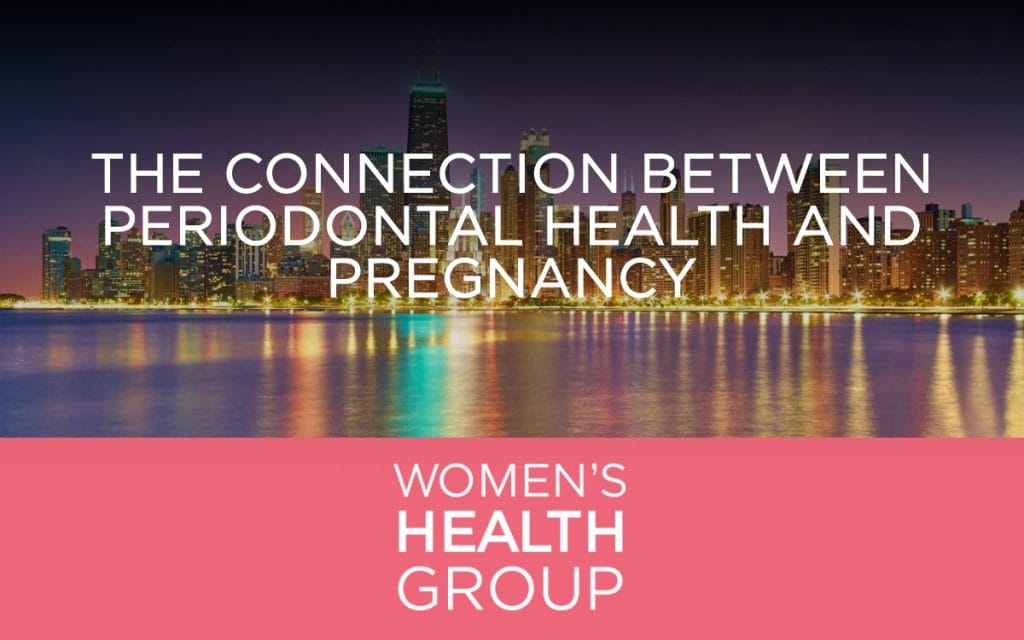The Connection Between Periodontal Health and Pregnancy
A key aspect often overlooked in women’s health during pregnancy is periodontal health or, more commonly, dental health. Comprehensive dental care has far-reaching implications not just for the mother, but for the developing fetus as well. Understanding the fundamental connecting links between periodontal health and pregnancy are crucial for optimal maternal and fetal wellbeing. As experts in women’s health in Chicago, Illinois, we delve deep into the science behind the matter, drawing from prominent research institutions such as the Mayo Clinic and Women’s Health.
Importance of Dental Health During Pregnancy
First off, let’s understand why dental health takes the spotlight when we talk about pregnant individuals. Changes in hormone levels, specifically increased progesterone and human chorionic gonadotropin, during pregnancy lead to increased inflammation in oral tissues. Changes in habits, including diet, oral hygiene, and increased acid exposure (due to morning sickness), can contribute to dental complications if not carefully managed. The list of potential oral health issues during pregnancy includes increased risk of cavities, periodontal disease (also known as gum disease), and pregnancy tumors, benign growths on the gums.
So, how does poor dental health affect you during pregnancy? The possible complications from untreated dental issues can range from discomfort to more serious health risks including:
* Advanced gum disease (periodontitis) can lead to tooth loss
* Increased susceptibility to oral infections
* Complications like gestational diabetes and preeclampsia
The Link Between Periodontal Disease and Pregnancy
Periodontal disease or gum disease during pregnancy goes beyond discomfort and can potentially lead to serious complications like preterm birth and low birth weight babies. Elevated hormone levels during pregnancy can exaggerate the way gum tissues react to plaque, leading to inflammation and bleeding, which is known as pregnancy gingivitis. If left untreated, it could progressively worsen into periodontal disease where the gums and the bone that underlie them are compromised.
Historical and contemporary research has revealed statistical associations between periodontal diseases and adverse pregnancy outcomes. A pregnant individual with periodontal disease is at a sevenfold increased risk of delivering a premature and low-birth-weight baby, as established by a study by Offenbacher et. al. in 1996. The study suggested that periodontal disease stimulates the production of prostaglandin and other labor-inducing chemicals, leading to preterm labor.
Furthermore, a compromised immune system due to periodontal disease can increase the susceptibility to infections, which may pose a risk to fetal health. That’s why it’s necessary to regularly screen for periodontal diseases during prenatal care and manage it promptly.
The Role of Obstetricians & Gynecologists in Dental Health
As obstetrician-gynecologists, we believe that a mother’s health is intrinsically tied to the health of her child. As such, addressing all aspects of a pregnant woman’s health, including dental health, becomes our utmost priority. Obstetricians & gynecologists play an instrumental role in educating expectant mothers about the importance of oral hygiene and its implications on their health and the health of their unborn child. Routine antenatal visits offer an ideal platform for identifying early signs of periodontal disease and provide help and instructions for preventive measures like better oral hygiene or needing to see a dentist.
Moreover, obstetrician-gynecologists often collaborate with dental professionals in providing optimum care. This joint approach ensures that women receive comprehensive health management, where all potential problems are addressed effectively.
Preventive Measures for Good Periodontal Health
Addressing dental health during pregnancy starts with enforcing good oral hygiene habits and educating pregnant individuals on the importance of routine dental care. Some of the best practices include:
* Regular brushing twice a day with a fluoride toothpaste
* Flossing daily to remove plaque from between teeth
* Regular dental check-ups for professional cleaning and examination
* Limiting sugars and maintaining a balanced diet for overall health, including dental health
* Avoiding tobacco, alcohol, and illicit substances which can harm oral and overall health
If morning sickness is leading to more frequent vomiting, it might be helpful to rinse the mouth thoroughly afterwards, to limit the amount of acid exposure to the teeth.
In conclusion, maintaining dental health during pregnancy is both important and achievable. It requires a conscientious effort on behalf of the mother, as well as regular screening and guidance from healthcare professionals. Here at Women’s Health Group, we lend our expertise to provide comprehensive management of women’s health, embracing the idea that the wellbeing of the mother and child are intertwined and deserve nothing short of the best care.




